Electropop icon John Foxx talks key influences
Twin retrospectives show diversity of Foxx's 40-year career
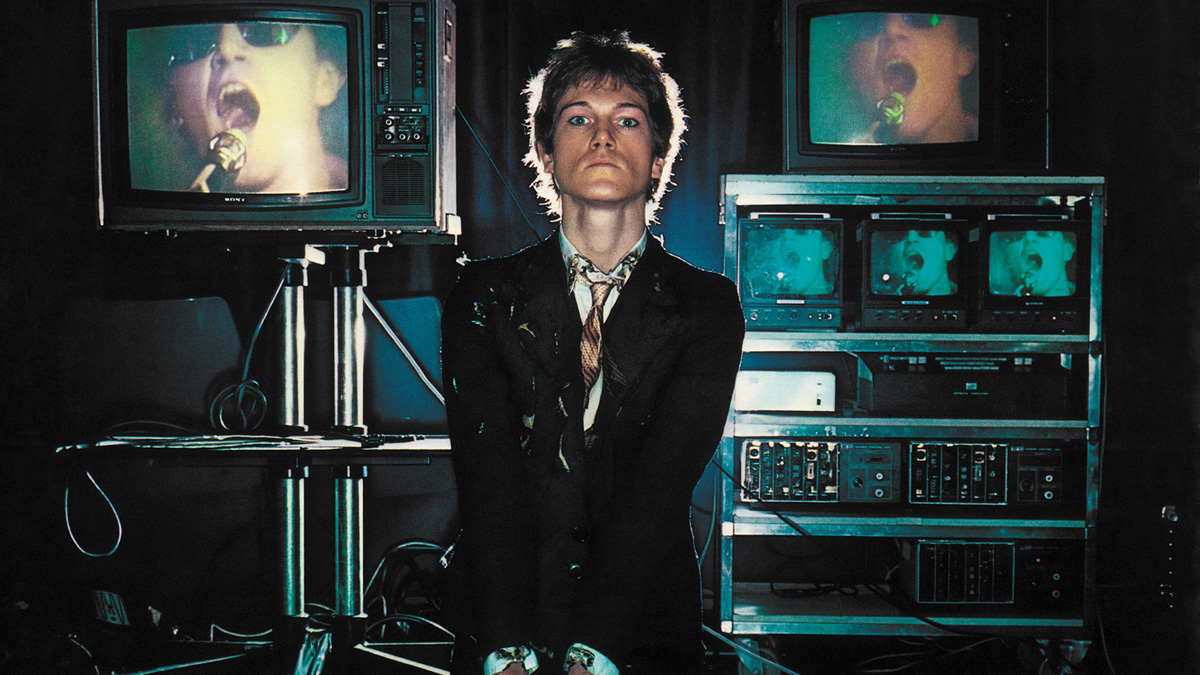
Intro
John Foxx witnessed the birth of electronic pop and has been weaving between its numerous genetic mutations ever since. Alienated by the direction of the genre in the mid-‘80s, the former Ultravox vocalist returned 12 years later with an entirely new sound on the stunning ambient album Cathedral Oceans.
The recent release of the retrospective album 20th Century: The Noise showcased Foxx’s formative synth pop classics, however, a second compilation of ambient instrumentals is also about to be released, titled London Overgrown.
While ruminating over two very different career trajectories, Foxx talks to us about gear, concepts and the future...
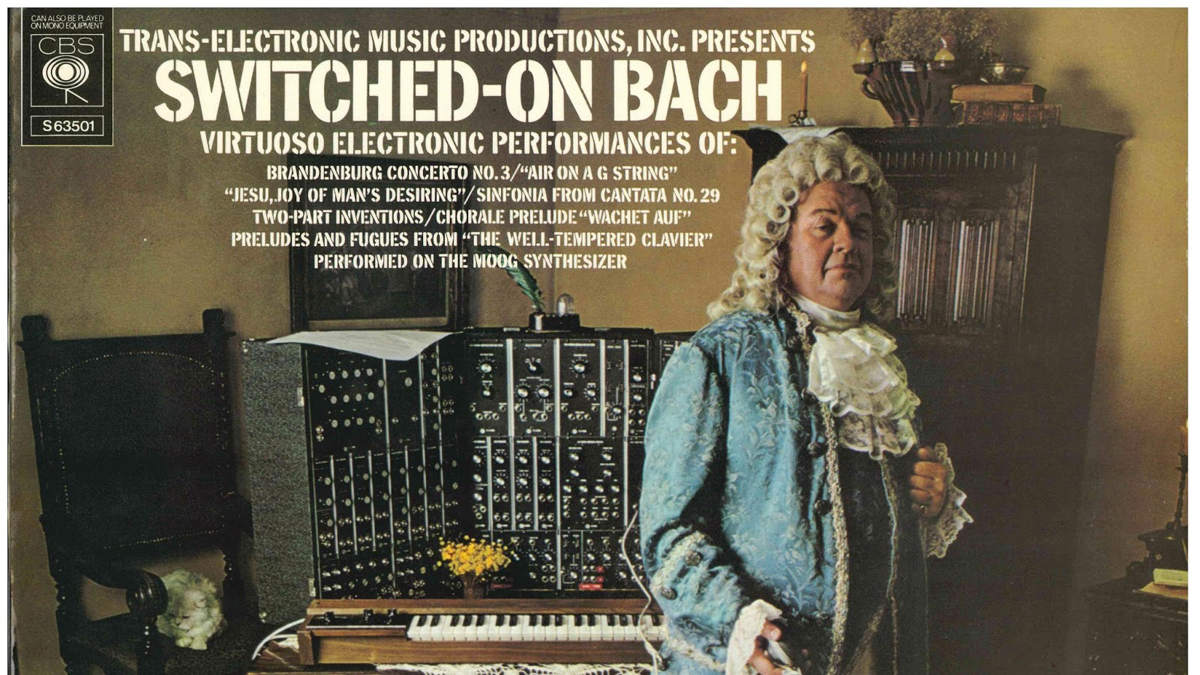
Early influences
How did electronic music get its tentacles into you?
Well in those days it was an accumulation. I first got interested in the sounds when I went to see Forbidden Planet in the ‘50s, and always remember the soundtrack and visuals together.
It was a new kind of film - it was technical, which was fairly new, but it was science fiction and the visuals were really original. Then a friend of mine, Tony Basset, made a Theremin from one of those diagrams you used to get in Electronic Monthly, and it really got me intrigued. I spent a lot of time playing with it, but it was a sort of dead end until I heard Wendy Carlos’ album Switched on Bach.
The individual sounds were really gutsy; if you played it loud it was proto-Disco in a sense, and the bass sound was so big. There was a fashion for prog rock that I didn't really like; then along came German electronics, so it was a cumulative trail from the ‘50s onwards.
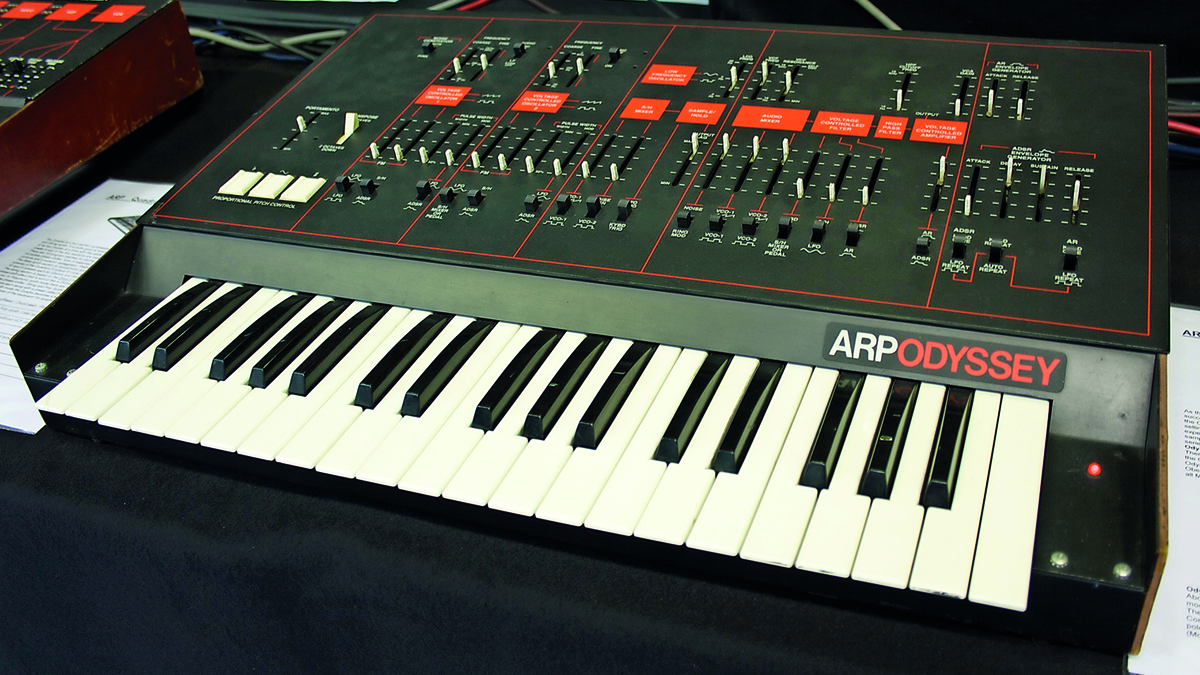
Tin Pan Alley
What was the first gear that you bought?
It was expensive in those days but luckily I'd got an advance from Island Records so I bought an Arp Odyssey. Billy Currie and I went and bought one second hand from Tin Pan Alley - it was about £2,000, which was all our spare money in the band.
I still think the Odyssey is the best noise-making machine you could ever get - the variety's infinite. I still haven't got anywhere near exhausting it. You could make really extreme noises with it in ways you couldn't with anything else.
With the Moog, you could do a lot with it but it wasn't quite as wild and untameable as the Odyssey, which is a brutal machine. We were lucky to get hold of it. I still use it and it still surprises me.
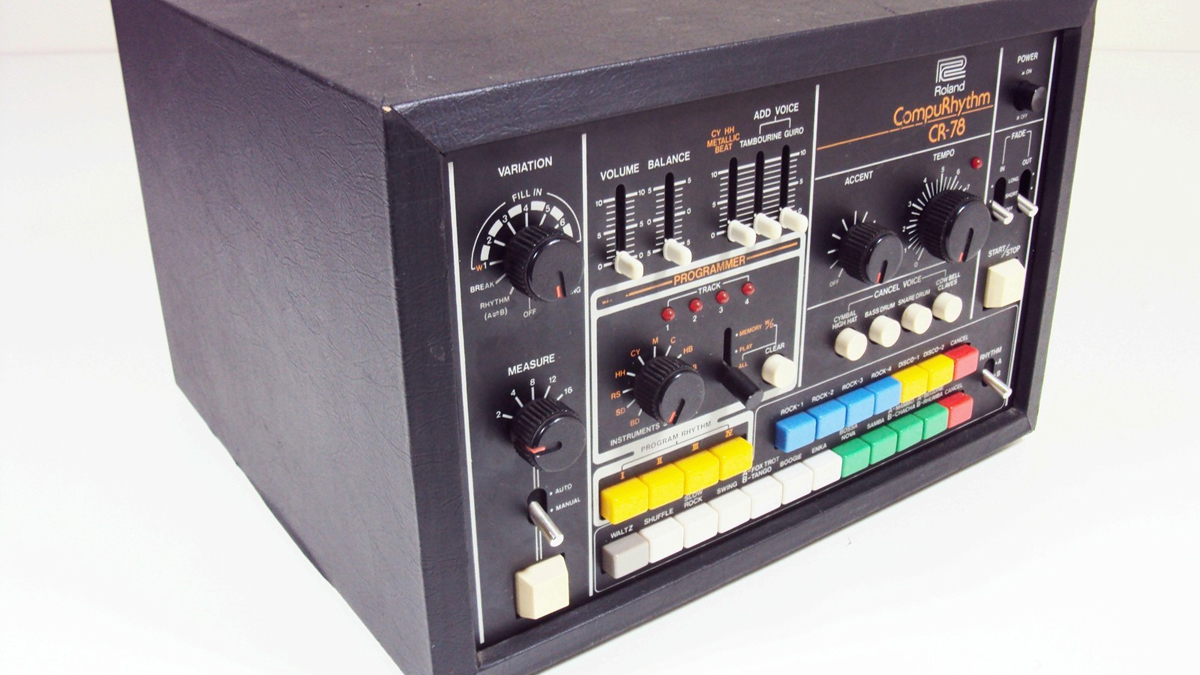
Getting radical
Did you have a clear idea of how you wanted to use electronic instruments?
It was around 1975, just coming up to punk. Bands were forming but I wanted to do something different.
I thought let's do something radical with electronics and use them as noise makers, because our music could make really ferocious ripping noises if we could get the speakers to survive - and sometimes they didn't. I bought a Roland CR78 drum machine and thought that was a little miracle.
When we were on Island together, Brian Eno had an old CR78. I was intrigued by it because it seemed like you could do a lot of things by punching two buttons or using it in ways it wasn't designed for. It was great to drum on top of.
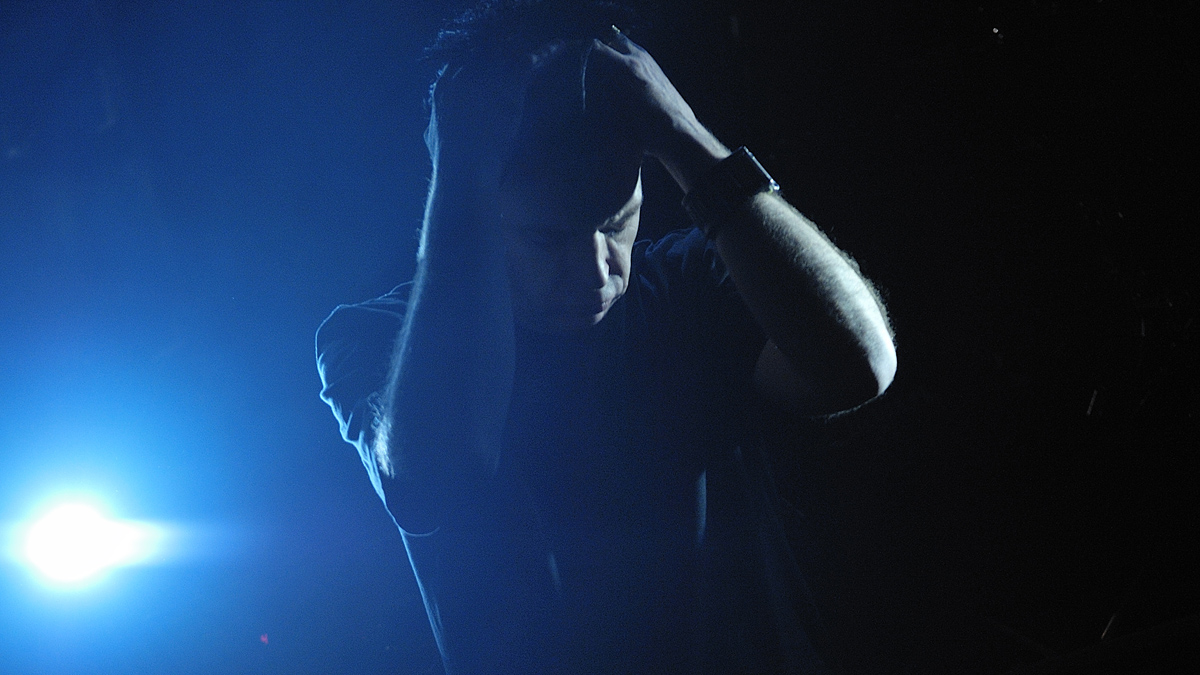
Top Of The Pops
Was there a rush to be the first to break the door down?
Well it seemed hopeless then. I remember thinking this stuff's too naked somehow to be in the charts.
Then Gary Numan broke through with that record and I thought, bloody hell this is fantastic to see him on TOTP with all that quite ruthless electronic music around him, and I thought good for you.
I knew it would turn into a genre eventually, but I didn't think it would happen in that landslide way. And it was great, everyone owes him a real debt, because it was then seen as a viable commercial entity by record companies and they invested. Before then, it had no investment whatsoever - no one would touch it.
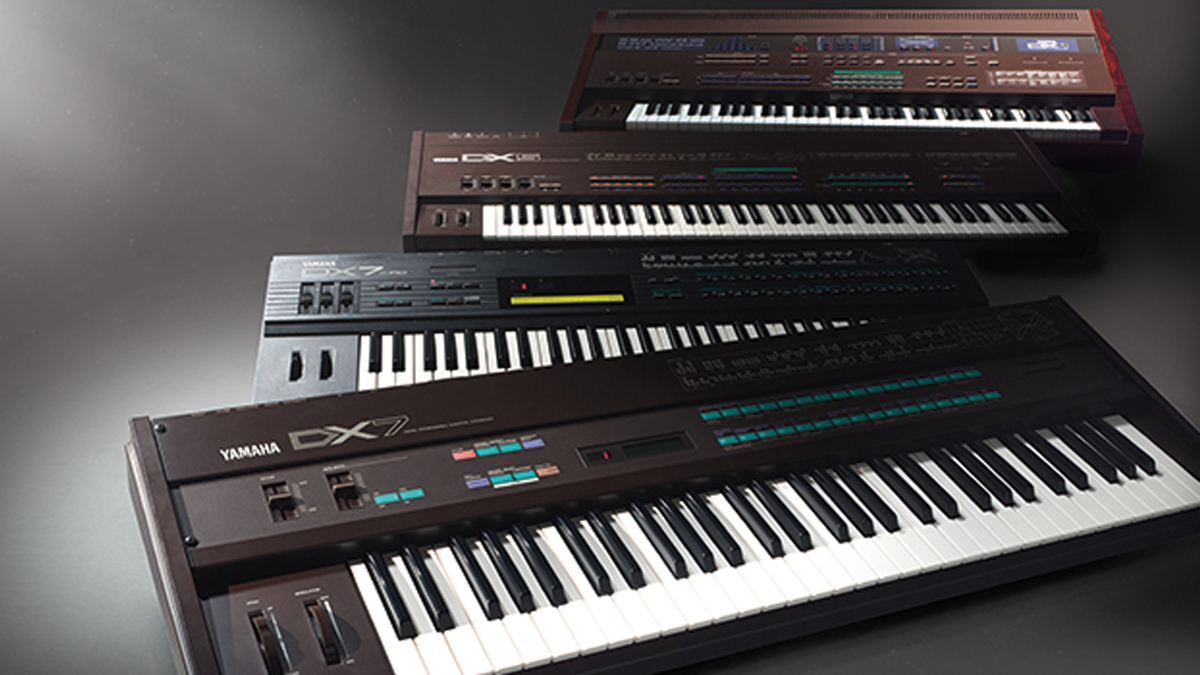
Analogue revival
Many artists are returning to analogue, is that a regressive step or simply showing the limitations of digital software?
There's a lot of tokenism involved. I don't think it's regressive because it was only there for eight years. It had only become vaguely affordable since 1979; then things like the Yamaha DX7s swept in during the mid-to-late eighties.
There are still things you can explore in analogue technology and synthesizers that haven't been used yet because they have a great capacity for making abstract noises, and if you use those with notional space reverbs, echoes and repeats you can get incredible pieces of music emerging.
There's a whole field there to be explored that's hardly been touched on, but aside from that, what digital does is it allows you to cut up and reassemble the analogue in ways that you couldn't before, which gives you the ability to play about with time.
At its best, dance music is the most avant-garde music on the planet, because it explores all the new possibilities of both technologies.
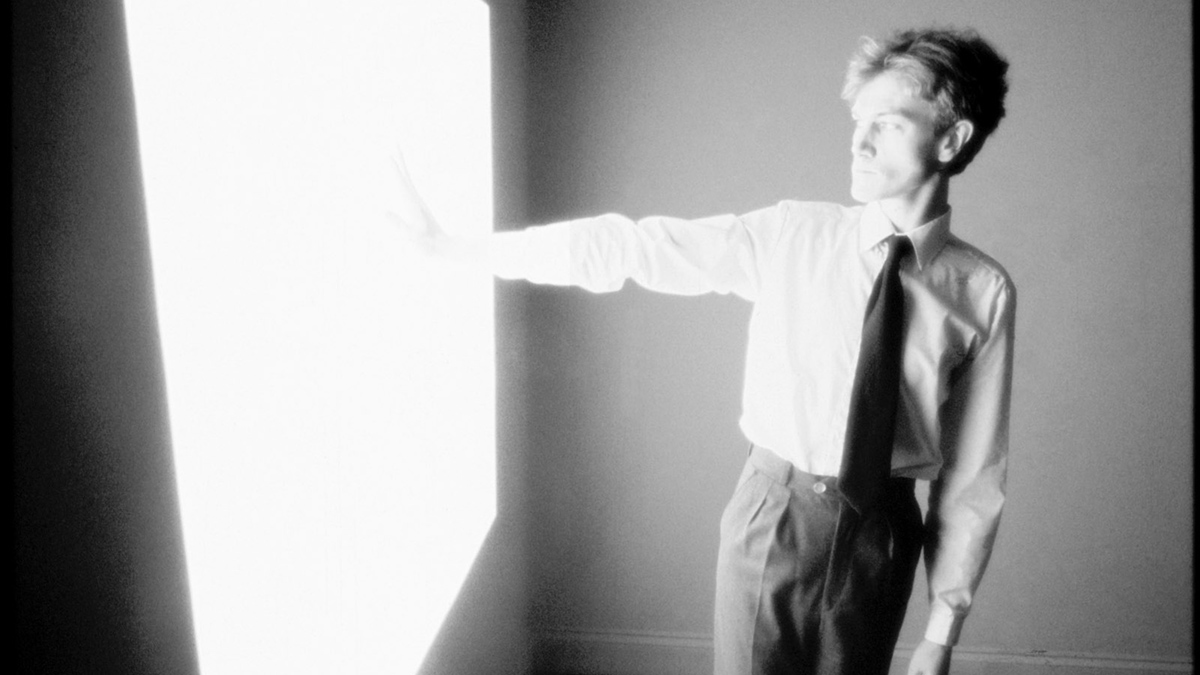
Graphic art
You withdrew in ‘85 to focus on graphic art, why was that?
I didn't actually stop making music but I didn't see where I fitted. The early ‘80s were wonderful times, that was when everything got consolidated, synths found a place and everybody started using them after we'd done it.
They used them in lots of different ways, which I liked; different sonic signatures that I thought were excellent. And then it all went pop from the mid-‘80s onwards, when everyone was competing with U2. I didn't think I fitted anywhere, so I legged it for a while.
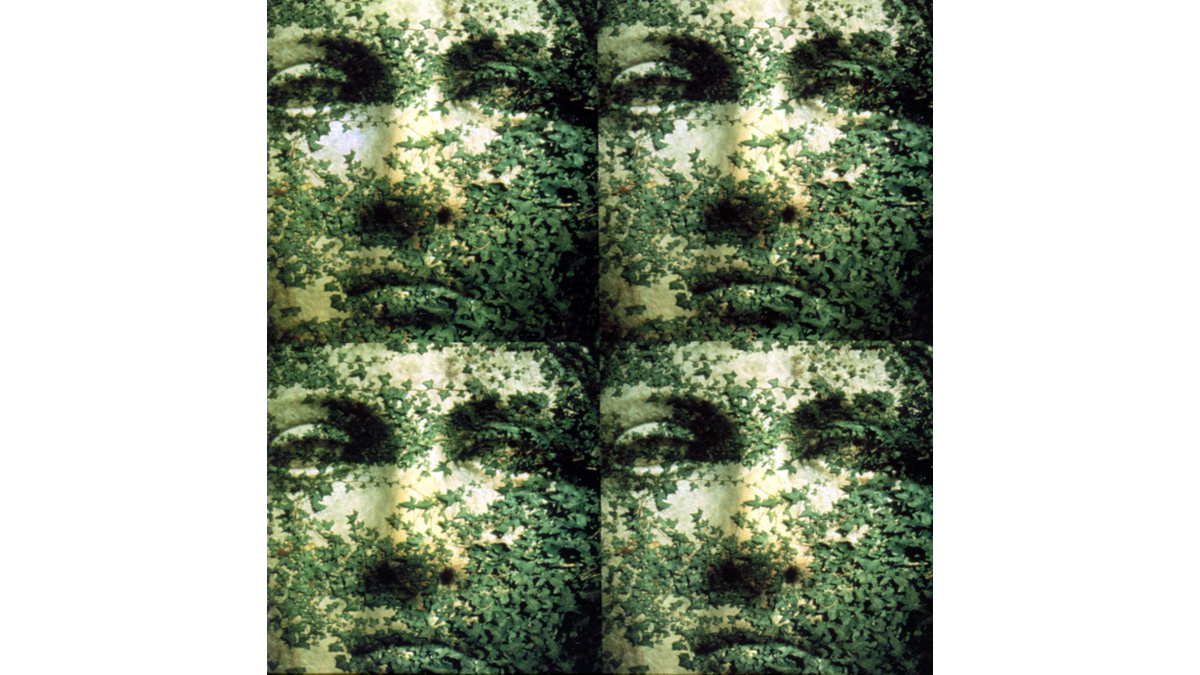
Cathedral Oceans
You returned with the ambient album Cathedral Oceans. Did you see ambient music as being therapeutic as well as conceptual?
Yeah, it's moving the opposite way. At that point I was thinking everything's accelerating.
Like everyone else, I enjoy that sometimes but there are times when you just want to be quiet and get away from things. I thought it was a way of turning your room into a tranquil, luminous place and making an environment where you could float off.
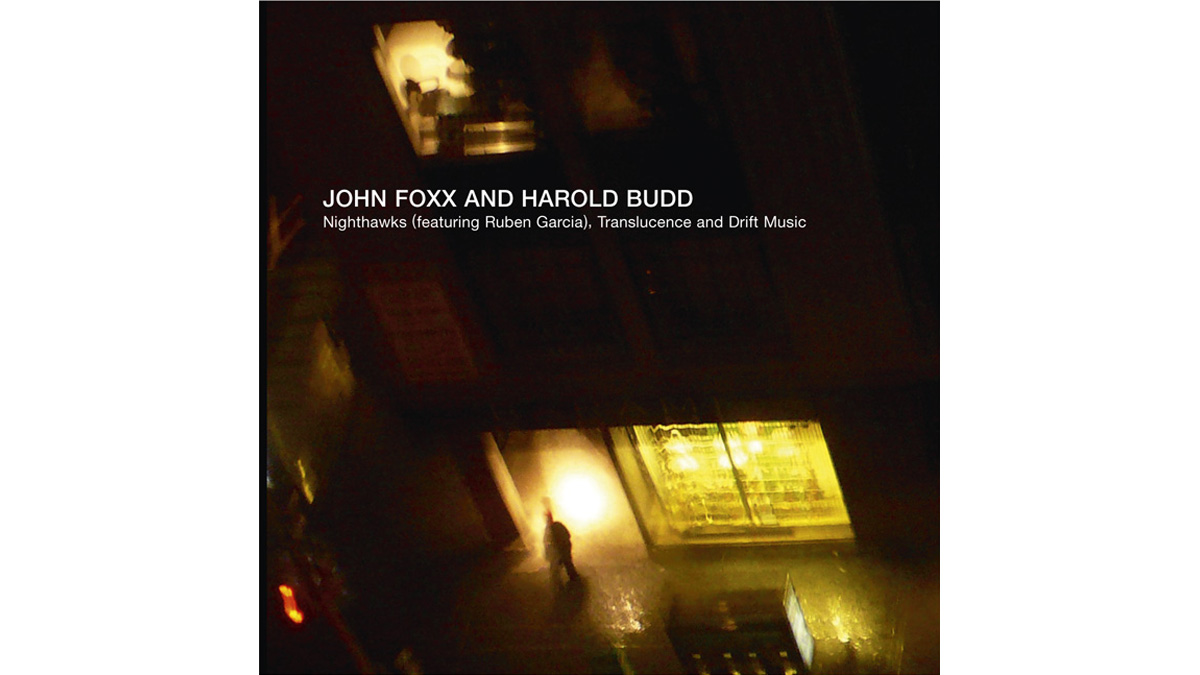
Collaborations
Some of your ambient albums have seen featured collaborations with Harold Budd; what did you learn from him?
I think everybody has that feeling where you want to do things but don’t quite have the courage. Then you meet someone who's done it, or does it, and just by the way they behave they give you permission.
Harold was very much like that. He focused lots of things I had washing around. I've always liked Eric Satie's music and wanted to play piano but never thought I could do it. Harold was similar. He did that years before me, but to see him in operation and the things he could do through willpower, courage and pleasurable engagement were a real lesson to me.
He changed my attitude to music really, and I'll always be grateful to him for that.
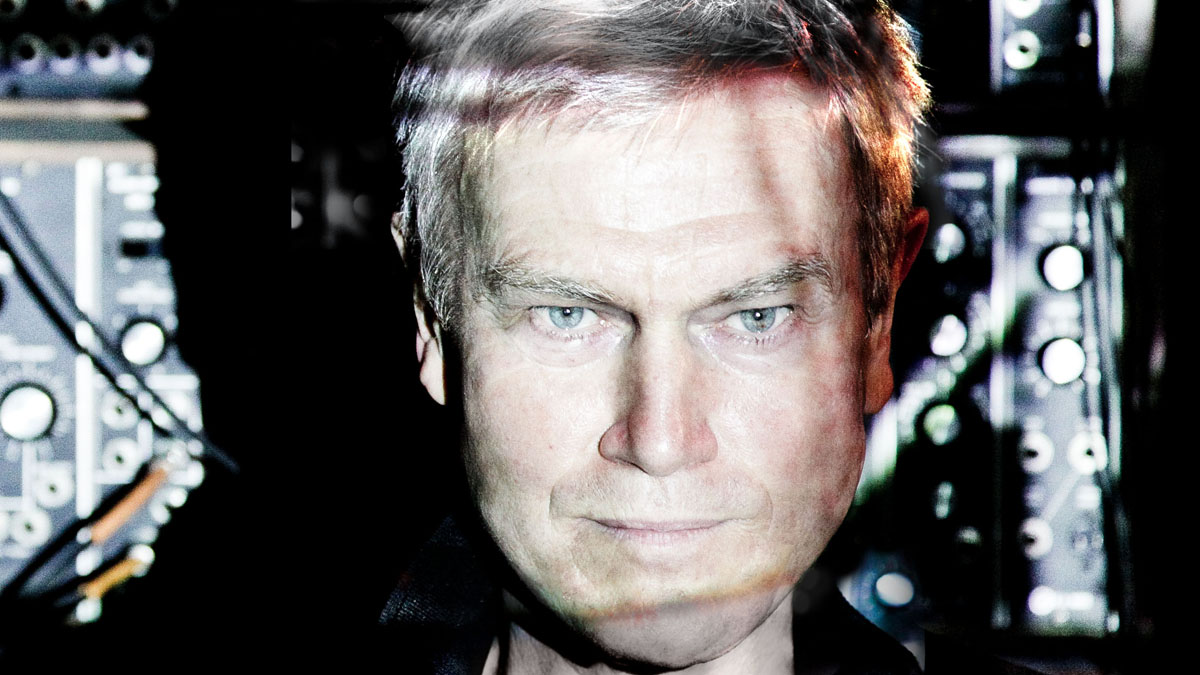
Don't lose your convictions
How important is it to be courageous in music?
If you have the courage to do something against the stream at any point then, if it's any good, people will pick up on it. You’ve got to have that as an artist or you won't last long. Once you lose your convictions you get lost.
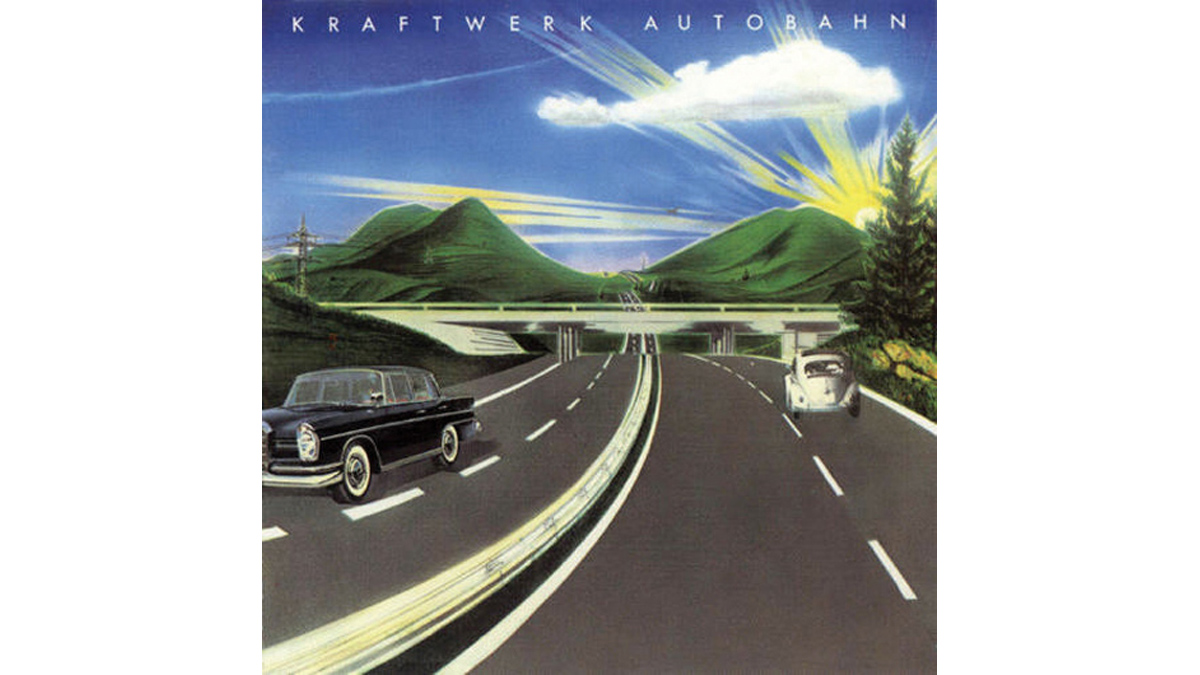
The future
How can electronic music progress?
I think if I was starting again now, I'd have to destroy Kraftwerk and ignore them. I'd have to become post-digital. In some ways you've got to, not destroy masterpieces, but put them on hold to allow your own generation's music come through.
There's that wonderful punk attitude of making year zero and seeing what happens. And you can do that safely in music; it's not like a political revolution where you destroy an entire civilisation.
I think generations from now we’ll look at Kraftwerk in the same way we look at Frank Sinatra, as an interesting but irrelevant force - I think that's inevitable. There will be a new kind of music based on another premise, which may be very commonplace and around us now, but hiding in plain sight.
That's usually what happens; I hope it does.
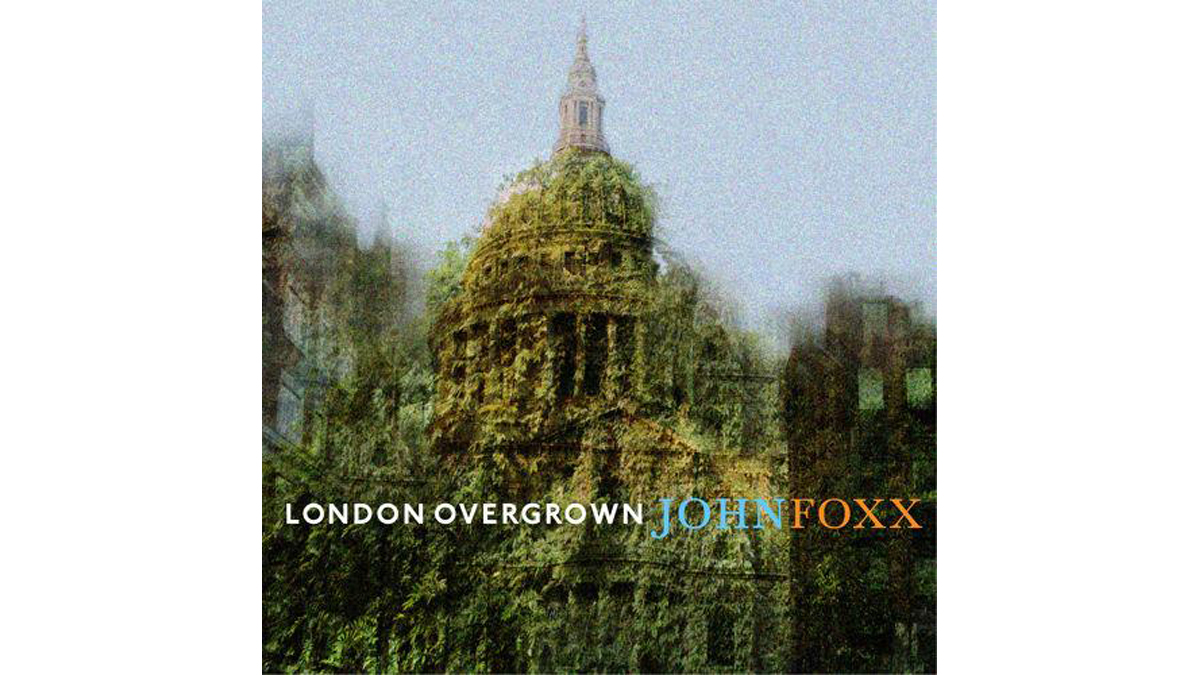
Writing on piano
What do you look to in order to change your own narrative?
I've started writing piano pieces. It's remarkable the sounds you get, and it's a way to get back to a very intimate sound. Because it's a real instrument it has a texture like nothing else and I'm amazed that I'd never explored it before.
There are some great innovations like zoom recorders, and I just put them inside the piano. They're not expensive and you can make marvellous recordings just sitting at home - easy, small-scale domestic music. So I think there's a stream of simplified music we can turn to, but simplified by sophisticated technology.
The new John Foxx album ‘London Overgrown’ is released 16th October on Metamatic Records. You can follow John on Twitter, Facebook and the official John Fox website

